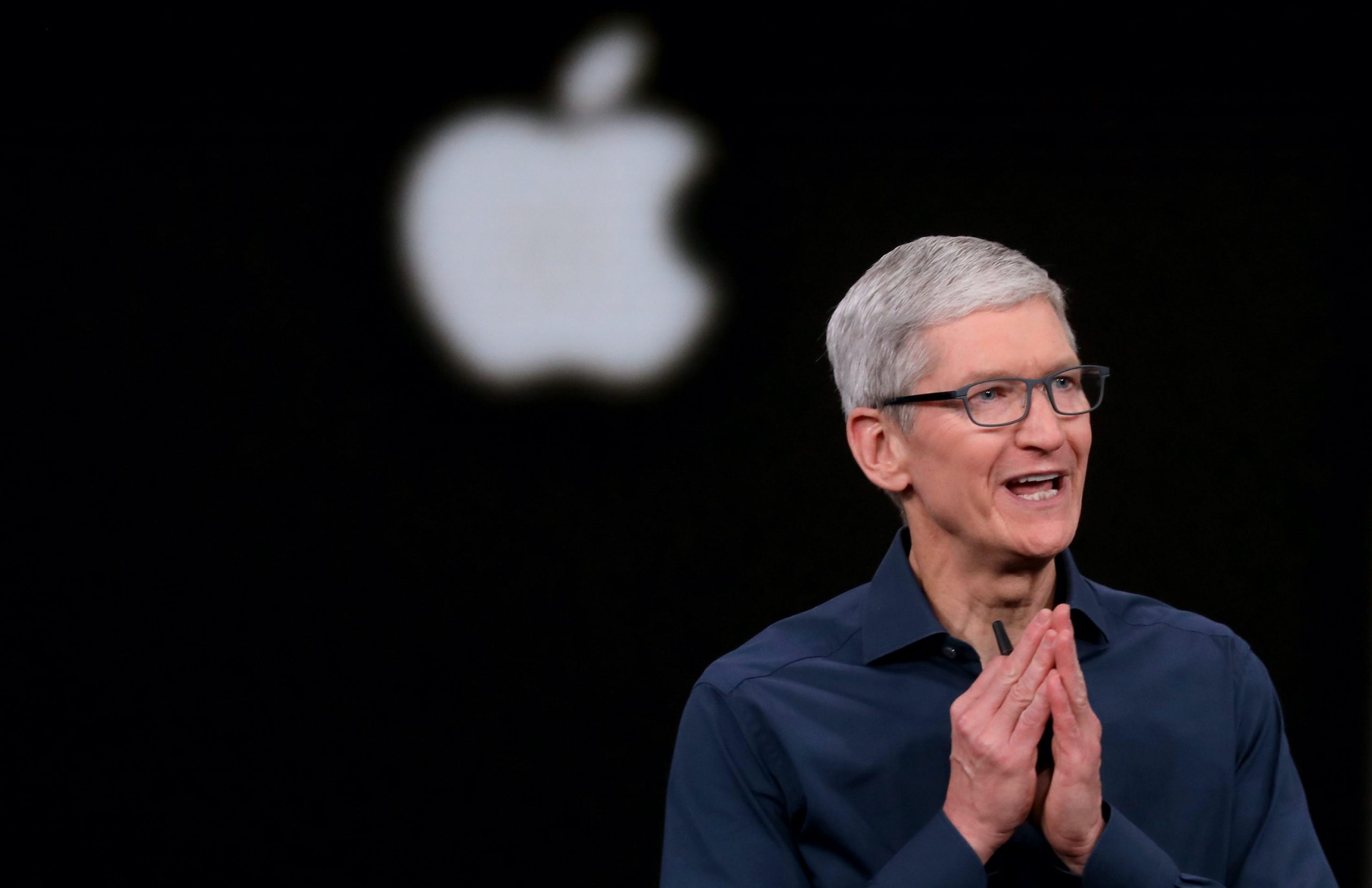
- Apple will report its fiscal fourth quarter earnings on Thursday.
- Analysts will be looking for any clues about how the iPhone 12 is performing, guidance for Q1 2021, and comments made on the earnings call.
- First weekend iPhone sales usually give the company a boost in the September quarter earnings, but the iPhone 12 launched later than usual because of the COVID-19 pandemic, and will not be included in Apple’s latest-quarter reporting.
- Visit Business Insider’s homepage for more stories.
Apple beat revenue expectations for its fiscal fourth quarter, even without the boost it typically gets from initial sales of its new iPhones.
Here’s a look at the key numbers to watch. Analyst estimates are based on Bloomberg Consensus data.
- Q4 2020 revenue: $64.7 billion. Analysts are looking for $63.48 billion. Apple posted $64 billion in the year-ago quarter.
- Q4 2020 earnings per share: $0.73. Analysts are expecting $0.70. Apple posted $0.71 in fiscal Q4 2019 (adjusted after its 4-for-1 stock split).
- iPhone revenue: $26.44 billion Analysts are expecting $27.06 billion. iPhone revenue was $33.36 billion in Q4 2019.
- Services revenue: $14.55 billion. Analysts are looking for $13.87 billion. Services revenue reached $12.5 billion in the same period last year.
- Wearables revenue: $7.88 billion. Analysts estimate $7.35 billion. The wearables, home, and accessories unit reached $6.5 billion in Q4 2019.
Smartphone revenue for Apple’s fiscal fourth quarter usually gets an extra bump from first weekend sales of the latest iPhone, which typically launches in late September. But the iPhone 12 debuted later than usual this year, in October, because of the COVID-19 pandemic, meaning Apple’s earnings for the September quarter doesn’t serve as a bellwether for early iPhone 12 adoption.
Instead, analysts will be looking for any comments made on the company’s quarterly earnings call for an indication of how the iPhone 12 lineup is performing.
Apple’s iPhone launches are always closely watched, but this year is particularly important because expectations around the 5G iPhone 12 have been especially high.
Analysts have estimated that the iPhone 12 could drive significant upgrades for Apple thanks to 5G support, a new design, and the notion that many iPhone owners are using older models, pulling it out of the sales slump it's experienced in recent quarters.
Other recent iPhone launches like the iPhone SE from April and last year's iPhone 11 lineup gave Apple's iPhone business a bump, but Apple has otherwise relied on its growing wearables and services categories to juice its quarterly revenue.
The iPhone 12, however, is expected to begin a long tail upgrade phase, or "super cycle," for the iPhone — one that could stretch on for years.
"We expect this year's line-up to kick off a significant replacement cycle which we believe will be a multi-year process as new applications and spectrum become available over time," RBC Capital Markets analyst Robert Muller and senior associate Michael Murray wrote in a report ahead of the iPhone 12 unveil.
This story is being updated in real time. Please refresh for the latest.

